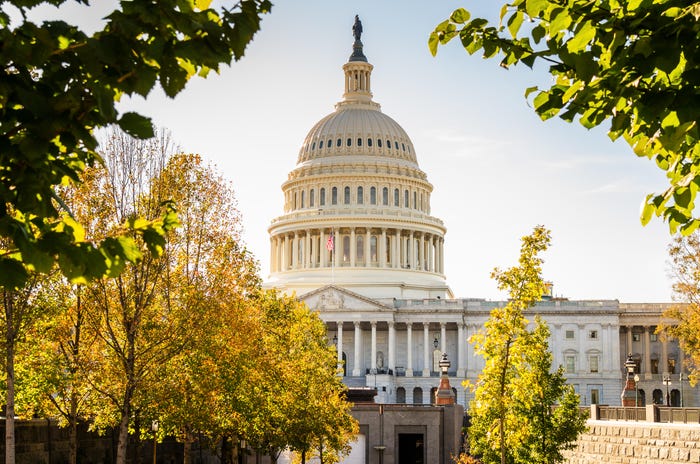Rosenworcel warns Congress that not funding ACP will ‘cut families off’Rosenworcel warns Congress that not funding ACP will ‘cut families off’

With the Affordable Connectivity Program (ACP) set to run out of funding early next year, the importance of sustaining the program took center stage with House Democrats at an FCC oversight hearing on Wednesday.
The hearing was the FCC’s first before the House Communications and Technology Subcommittee this year and touched on a range of issues from improved broadband mapping to the FCC’s lapsed spectrum authority and beyond.
But one issue top of mind, at least for House Democrats, was the ACP. The program, which provides a monthly broadband subsidy for nearly 19 million households and counting, is currently projected to run out of funding as soon as April of next year, according to comments made by FCC Chairwoman Jessica Rosenworcel on Wednesday. Industry stakeholders and observers have been raising concern about the ACP’s dwindling funds, and a lack of congressional action, for months.
Pressed by House Democrats on what the end of the ACP would mean for the country’s efforts to close the digital divide, Rosenworcel stressed the importance of continuing funding.
“As a result of the bipartisan infrastructure law, we’ve got lots of funds to help with the deployment in largely rural areas, but we’re also going to need funds and efforts to address affordability. ACP is the best program we have ever developed to do that, and we’ve got to make sure it continues,” she said.
She further noted that the ACP works “hand-in-hand” with the $42.5 billion Broadband Equity, Access and Deployment (BEAD) program being administered by the NTIA. Alan Davidson, NTIA chief, has also recently stressed the importance of ACP to BEAD’s success in front of Congress.
“If Congress were to fail to appropriate new funds for the Affordable Connectivity Program, we would undermine the biggest broadband affordability program this nation has ever created. We would cut families off,” said Rosenworcel.
However, she also confirmed the FCC is exploring what that unwanted outcome will look like.
“First things first, we want to make sure that Congress continues to fund this program,” said Rosenworcel. “But come this fall, we’ll have to make hard decisions about what kind of choices will need to be made to wind this program down if Congress does not provide an additional appropriation, and we’re taking a look at all of those issues right now.”
To read the complete article, visit Light Reading.


